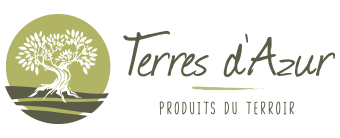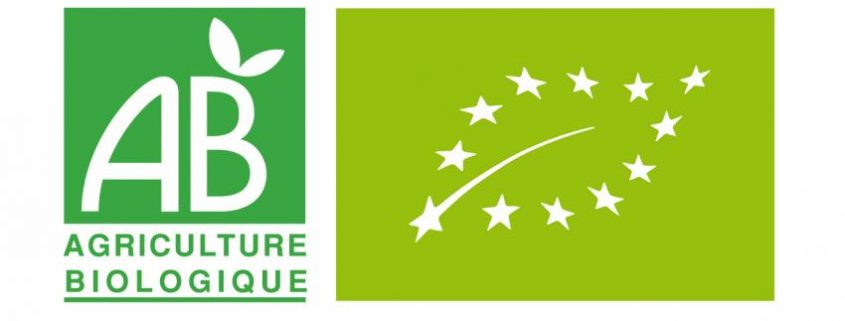Organic Farming is a mode of production that combines optimal environmental practices,
respect for biodiversity, the preservation of natural resources and the assurance of a high level of animal welfare.
Throughout the sector, operators engaged in organic production and processing comply with rigorous specifications that favor environmentally friendly processes that respect the ecosystem and animals. It is also a mode of production that excludes the use of GMOs and limits the use of inputs, by favoring the use of natural and renewable resources in local agricultural systems, by strictly restricting the use of GMOs. use of synthetic chemicals. Organic farming developed in the 1920s and made its appearance in France in the 1950s.
The desire to respect natural balances and biodiversity, in response to the beginning of the intensification of agriculture, in are at the origin. Improvement of techniques, increasing interest of producers and consumers, establishment of public policies and incentives have marked its history. The first private specifications appeared in 1972.
France was among the forerunners, recognizing since 1980 “an agriculture without synthetic chemicals” then by homologating and harmonizing in 1981 the existing private specifications. This regulation harmonises the practices of the different Member States. In May 2013, the Minister of Agriculture launches the program “Ambition Bio 2017”. Objective announced: to give a new impetus to the development and structuring of the sector, by doubling surfaces and greatly increasing the French consumption of products from organic farming.



